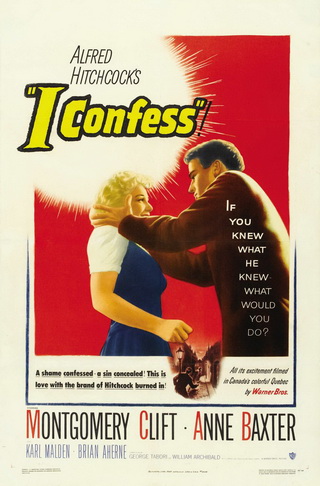Poet's Corner- Bertolt Brecht's "To Those Born After"-In Honor Of The Anniversary Of The Founding Of The Communist International (1919)
Markin comment:
Old Brecht may not have been from the be-bop generation but he, in his way, knew how to speak truth to power through his poetry and plays.
To Those Born After
I
To the cities I came in a time of disorder
That was ruled by hunger.
I sheltered with the people in a time of uproar
And then I joined in their rebellion.
That's how I passed my time that was given to me on this Earth.
I ate my dinners between the battles,
I lay down to sleep among the murderers,
I didn't care for much for love
And for nature's beauties I had little patience.
That's how I passed my time that was given to me on this Earth.
The city streets all led to foul swamps in my time,
My speech betrayed me to the butchers.
I could do only little
But without me those that ruled could not sleep so easily:
That's what I hoped.
That's how I passed my time that was given to me on this Earth.
Our forces were slight and small,
Our goal lay in the far distance
Clearly in our sights,
If for me myself beyond my reaching.
That's how I passed my time that was given to me on this Earth.
II
You who will come to the surface
From the flood that's overwhelmed us and drowned us all
Must think, when you speak of our weakness in times of darkness
That you've not had to face:
Days when we were used to changing countries
More often than shoes,
Through the war of the classes despairing
That there was only injustice and no outrage.
Even so we realised
Hatred of oppression still distorts the features,
Anger at injustice still makes voices raised and ugly.
Oh we, who wished to lay for the foundations for peace and friendliness,
Could never be friendly ourselves.
And in the future when no longer
Do human beings still treat themselves as animals,
Look back on us with indulgence.
Markin comment:
Old Brecht may not have been from the be-bop generation but he, in his way, knew how to speak truth to power through his poetry and plays.
To Those Born After
I
To the cities I came in a time of disorder
That was ruled by hunger.
I sheltered with the people in a time of uproar
And then I joined in their rebellion.
That's how I passed my time that was given to me on this Earth.
I ate my dinners between the battles,
I lay down to sleep among the murderers,
I didn't care for much for love
And for nature's beauties I had little patience.
That's how I passed my time that was given to me on this Earth.
The city streets all led to foul swamps in my time,
My speech betrayed me to the butchers.
I could do only little
But without me those that ruled could not sleep so easily:
That's what I hoped.
That's how I passed my time that was given to me on this Earth.
Our forces were slight and small,
Our goal lay in the far distance
Clearly in our sights,
If for me myself beyond my reaching.
That's how I passed my time that was given to me on this Earth.
II
You who will come to the surface
From the flood that's overwhelmed us and drowned us all
Must think, when you speak of our weakness in times of darkness
That you've not had to face:
Days when we were used to changing countries
More often than shoes,
Through the war of the classes despairing
That there was only injustice and no outrage.
Even so we realised
Hatred of oppression still distorts the features,
Anger at injustice still makes voices raised and ugly.
Oh we, who wished to lay for the foundations for peace and friendliness,
Could never be friendly ourselves.
And in the future when no longer
Do human beings still treat themselves as animals,
Look back on us with indulgence.


